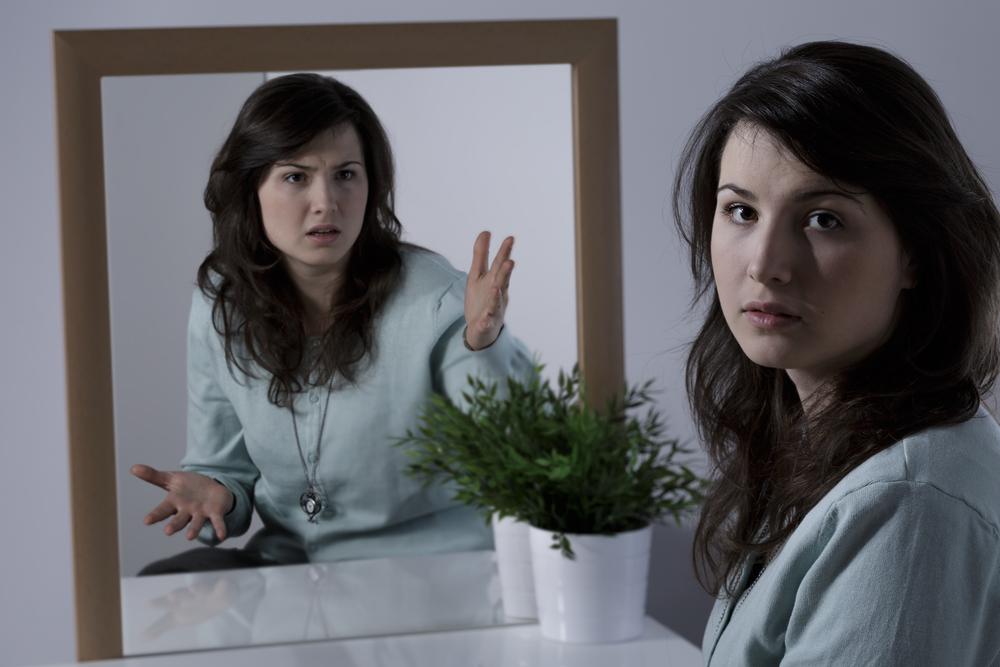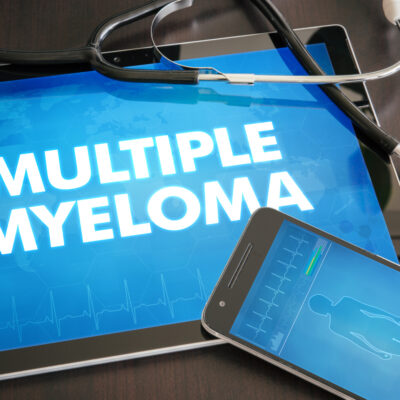
What you should know about schizophrenia
Approximately 1.2 percent of the country’s population suffers from schizophrenia. On a worldwide scale, over 1 percent of the population is diagnosed with the condition.
What is schizophrenia?
Schizophrenia is a mental disorder that distorts a person’s thoughts, feelings, and actions. People with this condition often experience a combination of hallucinations, delusions, and extremely distorted thoughts and behavior. It is a severe mental condition that can take its form in early adulthood. It can affect a person’s daily activities and can be disabling too.
Symptoms
Most of the people with schizophrenia are non-violent and always experience a mental conflict on what is real and what is not.
The symptoms vary for each person, and are generally classified as positive symptoms, negative symptoms, and cognitive symptoms.
Positive symptoms: Positive symptoms include psychotic behaviors that are not generally seen in healthy people. The symptoms include:
- Delusions
- Hallucinations
- Disordered thinking and speech
- Agitated body movements
Negative symptoms: Negative symptoms include capabilities that are lost from the people. Symptoms include:
- Social withdrawal
- Reduced facial emotions and expressions
- Difficulty in maintaining consistency
- Reduced feeling of pleasure in daily life
Cognitive symptoms: Cognitive symptoms include changes in memory and other aspects in thinking. These include:
- Loss of ability to understand and process information
- Trouble focusing or paying attention
- Loss of ability to use information after learning it
Causes
The exact cause for schizophrenia is unknown. Scientists believe that a combination of factors like genetics, brain chemistry, and environment are contributing factors.
- Genetics is believed to be a contributing factor. Scientists believe that this mental disorder is hereditary. But there are several cases that negate this theory.
- Environmental events can trigger schizophrenia. Immune disorders or viral infections tend to trigger the illness.
- An imbalance in the neurotransmitters can affect the functioning of one’s brain. If the person is vulnerable due to genetics or brain differences, the possibilities are a bit high.
Treatment
While the real cause of schizophrenia still unknown, the treatment aims at eliminating the symptoms. The process of identifying the illness usually involves a physical examination, psychiatric evaluations, and finding the diagnostic criteria.
Schizophrenia requires lifelong treatment even if the symptoms have subsided. Treatments usually include medications and psychosocial therapy.
Medication
Antipsychotic medications are the most commonly prescribed medication for schizophrenia. They are usually taken in the form of pills on a daily basis. As these medications have serious side effects, most people resist from taking them. For such people, medication is given through injection rather than pills.
These drugs are supposed to reduce the symptoms by affecting the neurotransmitter dopamine. Antidepressants and anti-anxiety drugs are also used.
Psychosocial therapy
Social interventions are an important part of the treatment process. After finding the appropriate medication, the patient can share and learn the everyday challenges of dealing with schizophrenia through a support group. Patients who participate regularly in psychosocial treatment have shown significant improvements in their lifestyle.
The treatment includes individual therapy, social skills training, family therapy, and vocational rehabilitation and supported employment.
Electroconvulsive Therapy (ECT)
For adults who do not respond to drugs, ECT is considered as an effective treatment.
Most of the individuals who suffer from this condition live in a delusional world. It can be tough trying to love and support a person with this condition.
Understanding the disease, helping the patient through treatment, accepting and respecting the patient, and helping them to join a support group is how one can help and support a person suffering from schizophrenia.


